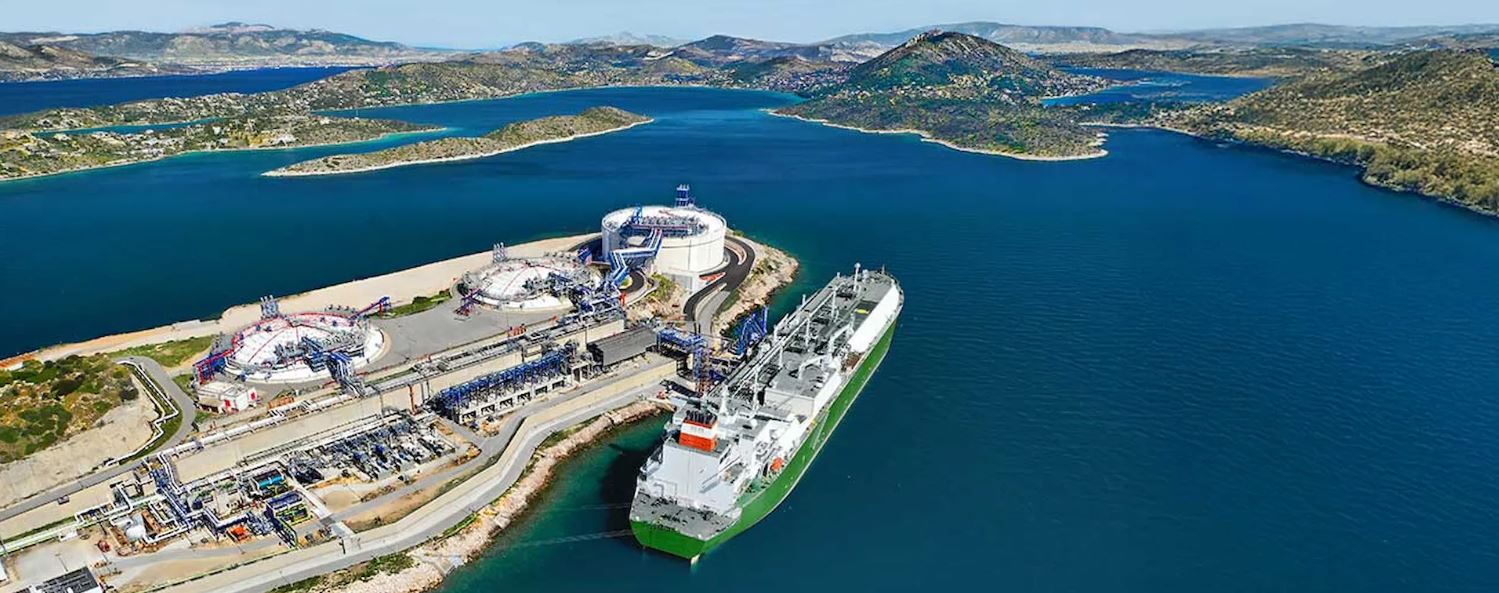 DNV has released the ninth edition of its Maritime Forecast to 2050, stating that shipping’s energy transition is moving into a new phase marked by investment, fleet readiness, and regulatory developments.
DNV has released the ninth edition of its Maritime Forecast to 2050, stating that shipping’s energy transition is moving into a new phase marked by investment, fleet readiness, and regulatory developments.
According to the report, the International Maritime Organization’s Net-Zero Framework has been approved but is pending adoption in October.
The report shows that the number of vessels capable of using alternative fuels is expected to almost double by 2028.
By 2030, the alternative-fuelled fleet could consume up to 50 million tonnes of oil equivalent of low-greenhouse gas fuels annually, which is twice the estimated volume required to meet the IMO’s 2030 emissions target.
However, current consumption remains at 1 million tonnes of oil equivalent. The report highlights the gap between readiness and actual use, stressing the need for fuel producers and infrastructure developers to accelerate supply.
“The stage is set for the next phase of the maritime energy transition,” said Knut Ørbeck-Nilssen, CEO of DNV Maritime. He added that the IMO’s framework “has imperfections and greater clarity is urgently needed around how the collected money will be spent.”
He also noted that the framework is already influencing investment, operational choices, and fuel strategies, with shipowners expected to adjust their priorities following the October IMO meeting.
Among the proposed solutions in the report are leveraging existing infrastructure for biodiesel and bio-LNG, adopting flexible chains of custody models, deploying energy-efficiency measures on newbuilds, and expanding the use of onboard carbon capture systems.
The report models that equipping 20 major ports with CO2 offloading infrastructure could enable removal of up to 75 million tonnes of captured CO2 annually, potentially reducing the need for 25 million tonnes of oil equivalent of low-GHG fuels.
The report also notes growing commercial use of wind-assisted propulsion systems, with vessel owners and operators reporting 5–20% reductions in fuel use.
“The industry has made real technical progress in recent years,” said Eirik Ovrum, lead author of the report. “But these solutions are still operating in silos. To deliver impact, they need to be integrated into fleet strategies, supported by infrastructure, and recognized in compliance frameworks.”
DNV is an independent assurance and risk management company incorporated in Norway. It provides classification, certification, and advisory services to industries including maritime, energy, healthcare, and food.



